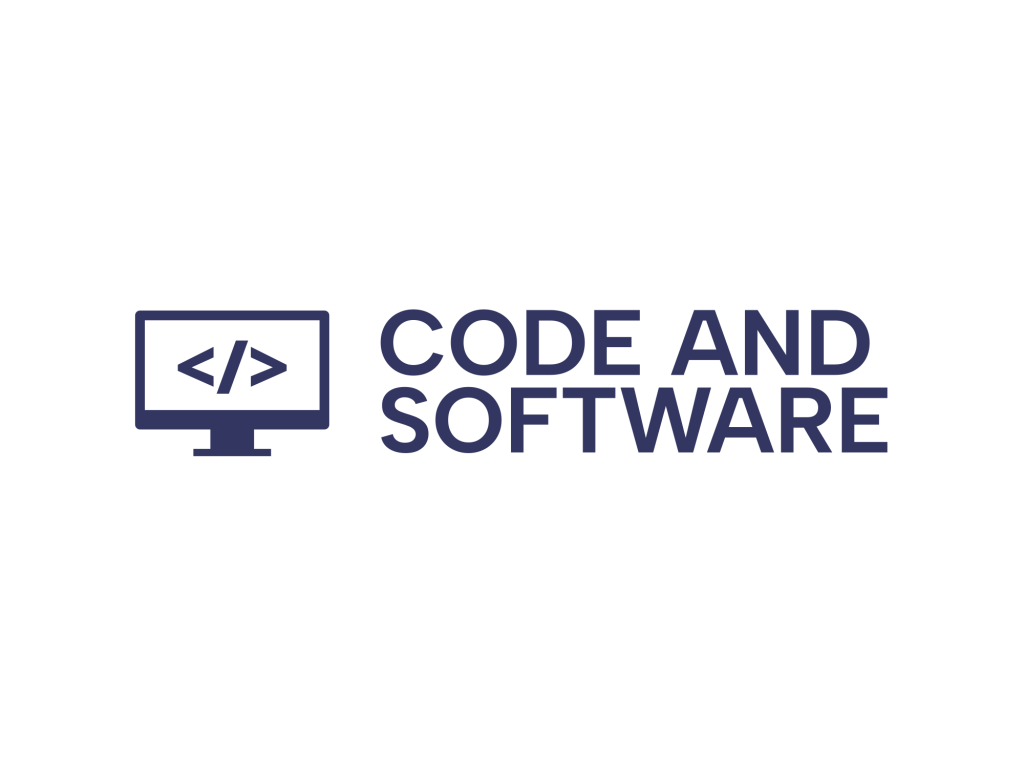In the era of rapidly growing digital enterprises, scaling operations efficiently has become a key determinant of success. For many businesses, manual processes can become bottlenecks that impede growth. This is where automation steps in—and among the many tools available, Python stands out as a powerful, flexible, and easy-to-learn programming language that is revolutionizing how companies streamline their tasks.
Python’s rise in popularity is no accident. It offers elegance in syntax and robust libraries that empower organizations to automate repetitive tasks, save time, improve accuracy, and scale operations without proportionally increasing operational costs.
The Power of Python for Business Automation
One of Python’s greatest strengths is its ability to simplify and automate complex workflows. With vast libraries and frameworks like pandas, Selenium, Flask, Django, and others, organizations can build custom automation tools that integrate various parts of their business operations.
From pulling customer data and automating emails to managing inventory and generating reports, Python provides an end-to-end solution. It allows businesses to create scripts or applications that can perform these tasks with minimal human intervention. This improves consistency across processes and frees up time for employees to focus on more strategic initiatives.

Real-World Use Cases of Python in Business Operations
- Automated Reporting: Using Python’s data libraries, financial and sales reports can be auto-generated daily, weekly, or monthly with real-time data pulled from CRMs or sales platforms.
- Email Automation: Python can integrate with email servers to send personalized customer emails based on behaviors or sales triggers—dramatically increasing marketing efficiency.
- Data Entry & Web Scraping: Tedious work like entering data into spreadsheets or scraping competitor pricing info from websites can be done autonomously.
- Customer Support Chatbots: Python, along with AI and natural language processing tools, can be used to create intelligent chatbots for handling customer queries 24/7.
- Inventory Management: Businesses can track inventory in real time, predict stock requirements using historical patterns, and create alerts for low stock levels.
Benefits of Using Python for Scaling Operations
Implementing Python-based automation delivers numerous advantages:
- Scalability: Automation helps grow without hiring at the same rate, keeping operational costs low.
- Accuracy: Reduces human error in repetitive tasks like data entry or calculations.
- Customization: Python scripts can be tailored to fit business-specific workflows and rules.
- Integration: Python supports API interactions, allowing integration with tools like Salesforce, Slack, Shopify, and many more.
- Time Savings: Processes that take hours can be reduced to seconds, leaving more room for strategy and growth.

Getting Started with Python Automation
Businesses looking to implement Python-based automation don’t need to rehaul their entire IT infrastructure. Python scripts can be developed iteratively—starting small with one task and scaling over time.
Organizations can either train in-house teams or hire developers familiar with automation and Python. There are also many open-source tools and community forums that provide code snippets and advice, reducing the effort required to launch automated systems.
For startups and mid-sized businesses especially, Python offers a cost-effective way to compete with larger companies by improving speed, productivity, and visibility.
Conclusion
Python isn’t just a tech trend—it’s a catalyst for operational transformation. Businesses that invest in automation with Python not only cut costs and save time but also build a future-ready foundation that supports innovation and growth. Whether it’s small-scale automation or sophisticated integrations, Python has become indispensable in modern business operations.
Frequently Asked Questions (FAQ)
- Q: Do I need a technical background to use Python for automation?
A: Not necessarily. While some coding knowledge helps, there are user-friendly platforms and a wealth of online tutorials that allow even beginners to start automating simple tasks with Python. - Q: What kind of businesses can benefit from Python automation?
A: Any business that relies on data processing, communication, support, or repetitive digital tasks can find value in Python automation. It’s suitable for startups, SMEs, and large enterprises alike. - Q: How secure is Python when used in business applications?
A: Like any tool, security depends on implementation. Python has robust libraries for secure coding and data handling, but businesses should follow best practices in security protocols and data protection. - Q: How long does it take to implement Python automation?
A: It varies based on the complexity of the task. Simple automations can be set up in a few hours, while more complex integrations may take days or weeks.


Leave a Reply